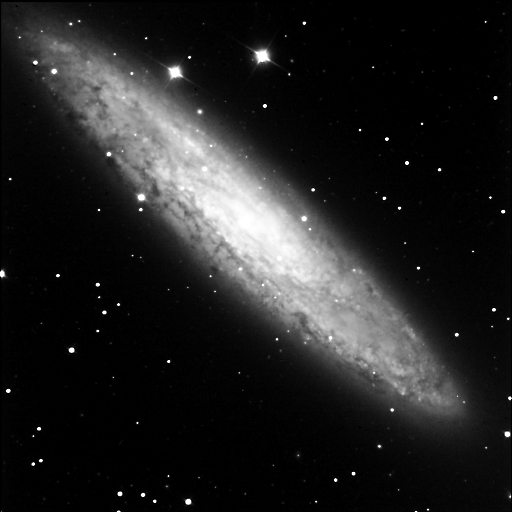
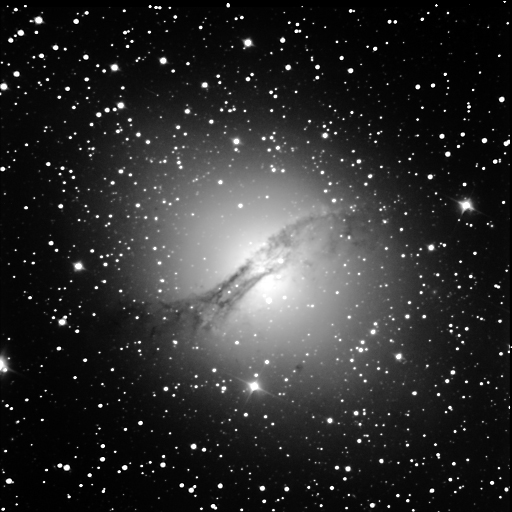
 |
 |
|
This course attempts to do more than just fill a slot in the curriculum. It provides you with an introduction to one of the most exciting subjects that you will encounter during your academic career. From tiny moons to gigantic clusters of blazing stars, from the incredible beauty of glowing nebulae to majestic galaxies, you will be introduced not only to the fascinating discoveries in our solar system, but beyond that to the depths of our galaxy and the limitless bounds of the universe. Thanks to the latest space probes, we will explore, the planets and their satellites to an unprecedented detail, that could only have dreamed of just a few short years ago. In addition, we will extend our studies to the most exotic, including black holes and quasars and pulsars and what cosmology and relativity tell us about the origin and the ultimate destiny of the universe. |
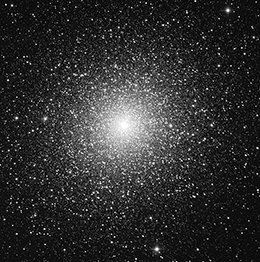 |
|
Thanks to the explosion in new technology over the past decade or two, new telescopes and space probes are scanning the universe with extquisite detail, and data is being gathered at such a frenetic pace that something that we will cover in the course will be either confirmed of overthrown before the semester ends. So this course will be anything but boring! There is just too much happening and too much to explore! |
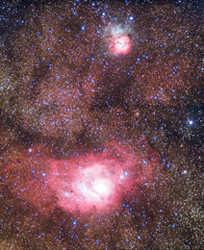 |
|
This course does not attempt to make scientists out of you. However, the skills of investigation and problem solving you will learn in this course will be most valuable in your post-scholastic careers. Intellectually there is no reason anyone cannot be successful in this class. The American public is, on the whole, scientifically illiterate, despite being beset daily with the latest "news" on science. Some of this "news" is sensible and accurate, yet much is nonsense. It is hoped that after completing this course, you will be better informed about science and the universe, and empowered to discern between the what is science and nonsense. It is also hoped that you will be a better citizen, capable of helping to determine public policy that affects our future. |
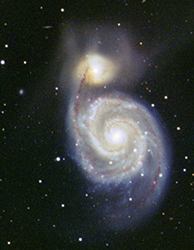 |
 |
Instructor: Dr. Maurice Clark, Room 312 I McCall Hall (MSCX) Contact: tel 334-808-6688 e-mail maclark@troy.edu Office Hours: Tuesday 1:00-3:00. Thursday 10.00-12.00. These are the times when I will be available in my office for discussions on any problems you might be having with the course. You are also welcome to come up to my office at any other time, although I cannot guarantee to be available. Textbook: Astronomy by Fraknoi, Morrison, and Wolff. Published by Rice University, Openstax. |
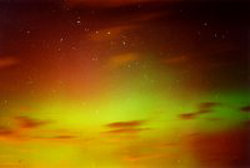 |
|
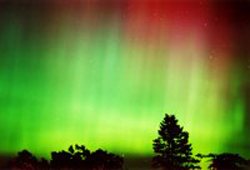 |
We will be covering the course material in lecture format. However I want to encourage you to ask questions during the lecture. Whether about the lecture, the text or about any problems you encounter. Remember: NO question is too stupid to ask!!! If you are unsure about something, it is almost certain the several others will be as well. Be sure to let me know if I mention something you are unfamiliar with and help me adjust the pace of the course to better suit your needs.
During the course we will be studying the most extreme conditions nature has to offer, from the densest to the most tenuous, the largest to the smallest, from the hottest to the coldest, even things that cannot be seen. In studying these, we will use tools from many other branches of science, particularly physics and chemistry. Some mathematical skills are also necessary, as is a vivid imagination! By the end of the course I hope you leave with a deeper appreciation of the awesome universe that we are a part of and can understand why some people devote their lives to spending every possible moment in extremely isolated locations, regardless of temperature, to study its wonders.
Throughout the semester, I hope you take the opportunity to talk to your fellow ASTRO 101 students about the material you are learning, and how to apply it during exams and homework assignments; sometimes the best way to learn something is to hear it more than one way, or to try and explain it to someone else! However, please remember that in the end, your answers and all of your work must be your own. Indeed, you'll want to make sure that you understand the material yourself, for when you walk into the lecture room to take your exam, you will have no one to help you but yourself!
If you: 1) attend all the lectures 2) take all the tests and know how to do the problems (afterward if not before!) 3) work with someone else in the class on the homework problems and know how to do all the homework problems (afterward if not before!) 4) use AceAstronomy to pre-test yourself to know your weak spots, and use the exercises to strengthen your grasp of the material 5) come and see me when all else failsthen you will very likely get a decent grade (not guaranteed an A, but you should do respectably well).
One final consideration. You will learn an enormous amount of science, in fact, one of the biggest problems in this course is the vast amount of knowledge available! After all, we are trying to learn the entire universe in one semester!!! Obviously this means that some things we just do not have time for and others we will give only a fleeting look. However, while you will understand better how the solar system, the galaxy, and the universe works, I expect that many of these details will become "foggy" with time. You will not, however, forget the first time you look through a telescope and see the rings of Saturn, the moons of Jupiter, our own Moon and many other incredible objects in our amazing Universe.
Prerequisites: There are no formal prerequisites for this course, however it is assumed that you have some understanding of high school algebra. We will also use exponents. To those of you who are allergic to maths, extra help can be made available to those who request it. Other astronomy or science courses are not required.
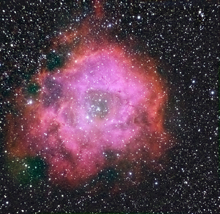 |
|
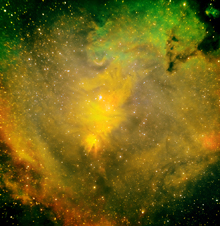 |
If I had to reduce my objectives for Astro 101 to a single concept, it would be that I want to make this course as interesting and enjoyable as possible without sacrificing the real learning and thinking necessary to appreciate the subject to the fullest.
The goals of this course are - to understand science as a process: how it is done, what skills are involved, how it applies to everyday life, and how it is used to learn about the universe. - to understand and apply basics physics concepts to problems in astronomy.
What should you get from this course? To a large extent that will depend on you and how much work you are prepared to put in. At the very least there are five major points that I would hope you will gain from the course.
1. To better understand the universe and what's in it.
2. To sample and appreciate the awesome magnificence of the universe and the amazing variety of objects that comprise it.
3. To learn to think skeptically, and to realize that science is more about searching for understanding than it is about knowing "The Truth".
4. To gain confidence in your abilities to learn something about which you may have known little or nothing before attending this class.
5. To explore the ideas you are learning, both qualitatively (looking at the "Big Picture") and quantitatively (with math and numbers).
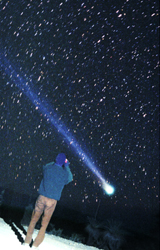 |
|
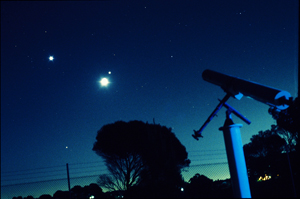 |
We will have approximately one daytime lab per week and two night-time observing sessions.
Daytime Labs:The labs for this class are designed, as much as possible, to provide you with practical examples of how astronomers have arrived at the current understanding of the universe. However, you should keep in mind that science is an ongoing process in which the "right" answer is something that we are always approaching but never arriving at. Therefore in some labs there are no "right" answers. Instead you have to look at your results and come up with what you believe is the best explanation for them.
The labs themselves are a variety of computer-based exercises that range from simulations of the night sky, to simulating using a telescope to collect data, and "hands-on" exercises that range from studying crater formation, to how telescopes work, to graphing data and interpreting the results.
Night-time Observing sessions: Observing is an important part of astronomy and as such, is an important part of this course. There are 2 night-time observing sessions, to be held off campus at a location to be advised. The first observing session is with the naked eye, and is designed to help you learn some of the brighter stars and constellations. The second observing session uses a telescope to view a variety of objects. The timing of these observing sessions will vary, depending on the weather, the phases of the Moon, and whether or not daylight saving time is in force.
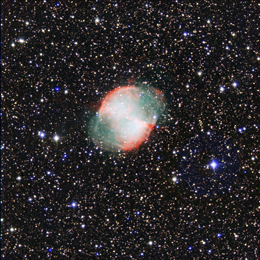 |
|
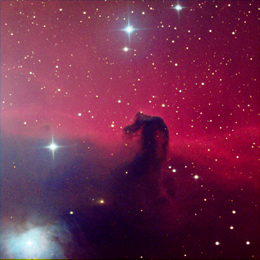 |
|
|
|
A failing grade on the homework component is |
|
|
|
A failing grade on the combined lab/observing |
|
|
|
|
|
|
|
|
|
|
|
|
|
|
|
Just what the name implies |
 |
The following are the grades to be awarded for this course and the approximate scores for which they will be awarded.
|
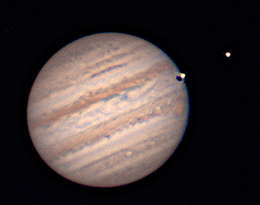 |
|
|
|
|
|
|
|
|
|
|
|
|
|
|
|
|
|
|
|
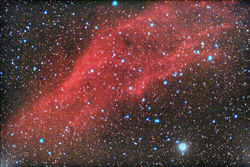 |
|
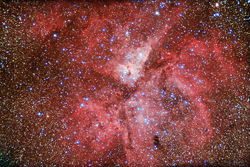 |
Solutions to sample exam questions
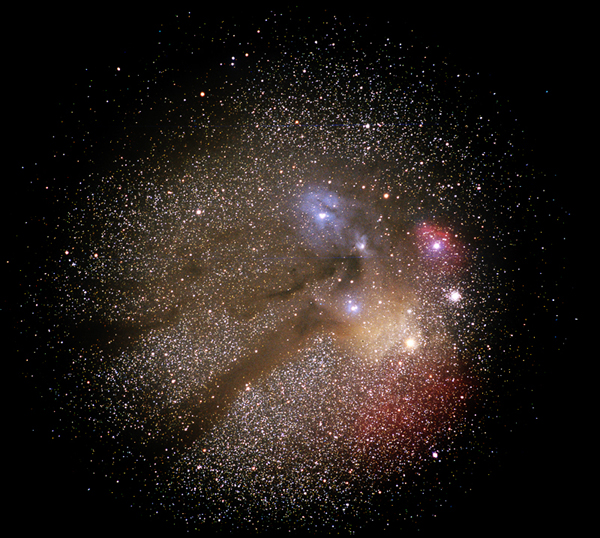 |
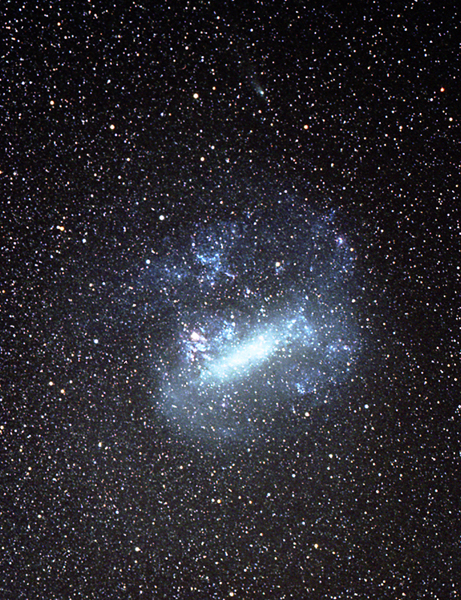 |
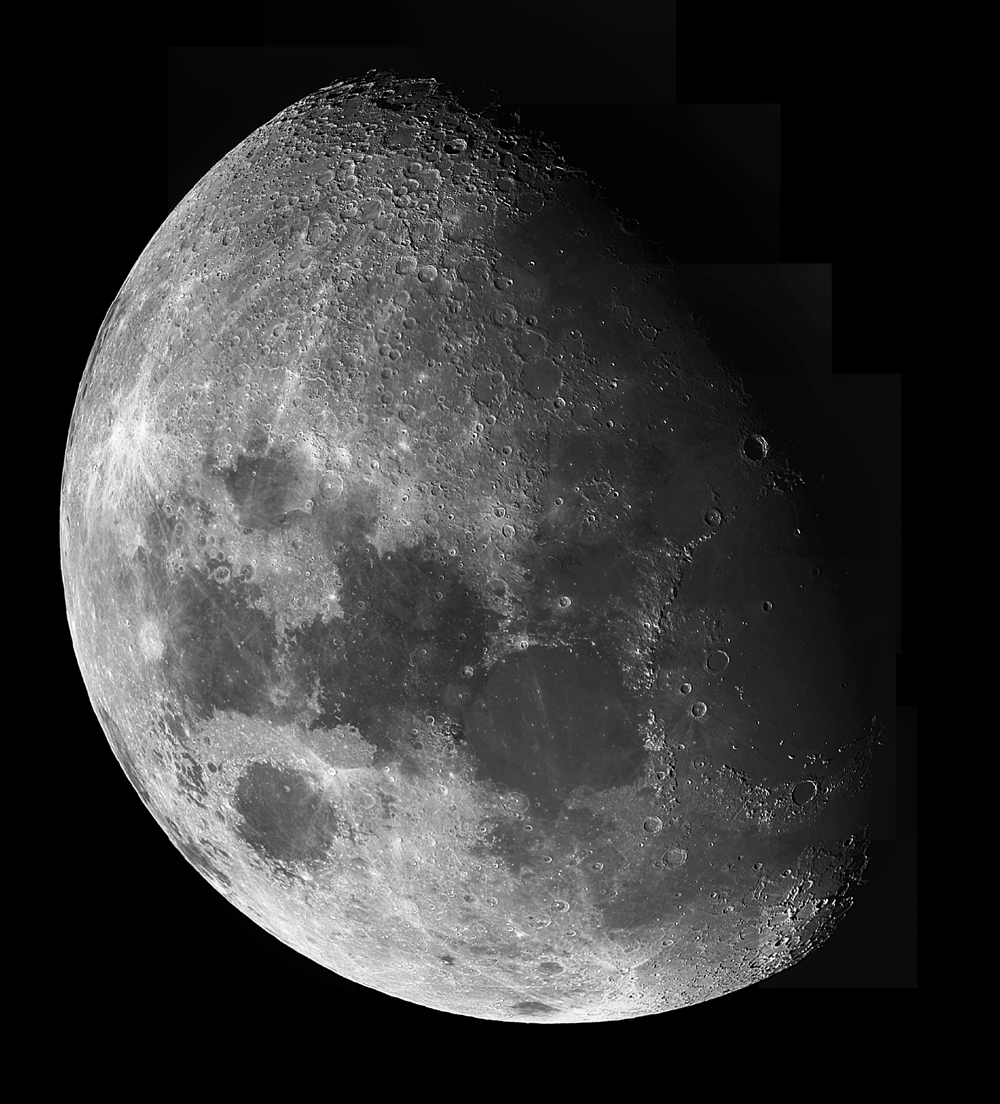
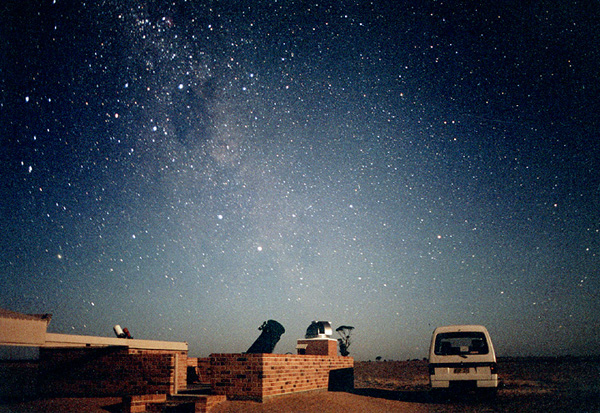 |
 |